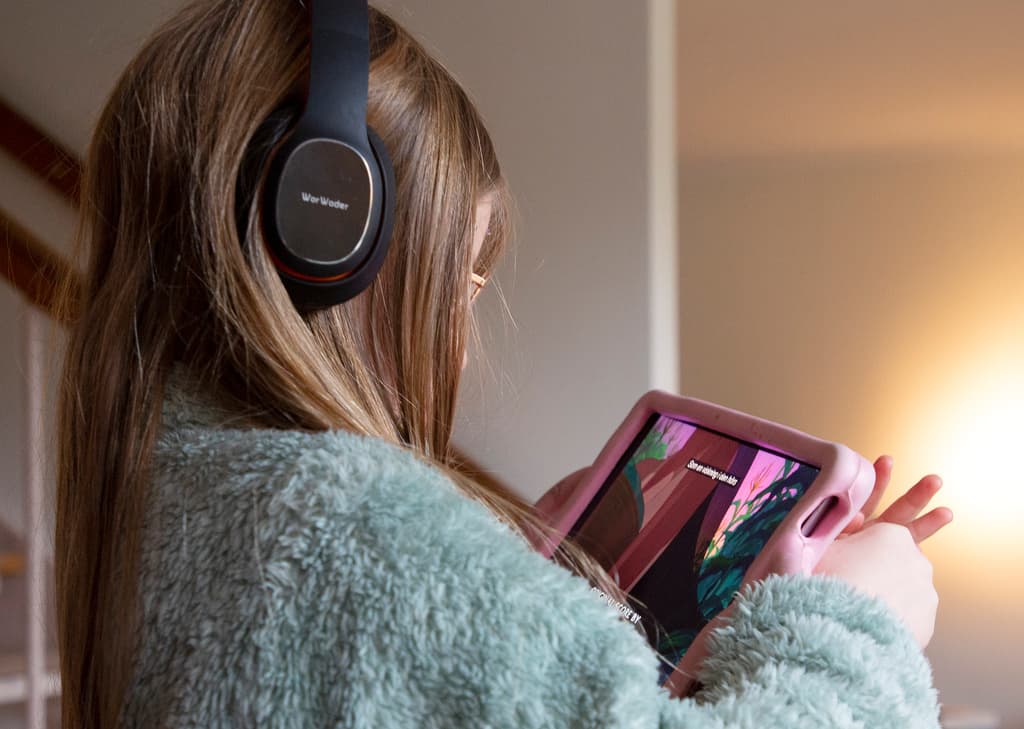Summer, holidays, and time for screen battles. How do you manage to lure children away from screens and what rules are reasonable to have?
Lisa Thorell is a professor of psychology at the Karolinska Institute and researches screen time. According to her, many children end up in front of screens during the summer when routines fall apart and free time takes over.
What's the attraction?
We've created a society where children use screens. Everyday life feels dull because there's so much exciting stuff in games and social media. If something's dull, you just swipe on. It pushes sleep and exercise aside.
Luring them away
What responsibility do adults have?
Very young children shouldn't use screens at all. But with older children in school age, it's good to come up with other things to do together to lure them away from screens, says Thorell.
As a parent, you shouldn't just focus on screen time but what content the child is exposed to. The harmful content in apps like Tiktok has unfortunately become much worse in recent years with more violence and unhealthy body ideals.
Thorell continues:
It's important not to try to make it a battle between the child and the parent but to have a joint discussion about how the family should think about screens and having screen-free times.
Children and young people socialise more and more online while playing, but also at each other's homes in front of a screen. How should you think?
You can talk to friends' parents and coordinate how they use screens and maybe try to introduce common rules.
Contact with friends
At the same time, not all screen time is bad, Thorell points out.
If you're away somewhere, it's reasonable for a teenager to have contact with their friends via social media. In the long run, it's important for the child to learn to socialise in real life outside of screens, otherwise they may have difficulties in the future.
What can you do to lure young people away when they're stuck in front of a screen?
Try to get the child to understand that they need to do something else. You have to be prepared as a parent to help find other activities.
It can help to have more natural endings.
Think about it yourself - if you're watching a TV series and someone orders you to turn it off in the middle, you'd also get irritated. Instead, you can say "in 30 minutes we'll eat, so don't start a new game, finish what you're doing", says Thorell.
It's important to remember that young people don't just think screen time is positive. They see the negative effects of their social media use themselves, but can't cut down without help.






